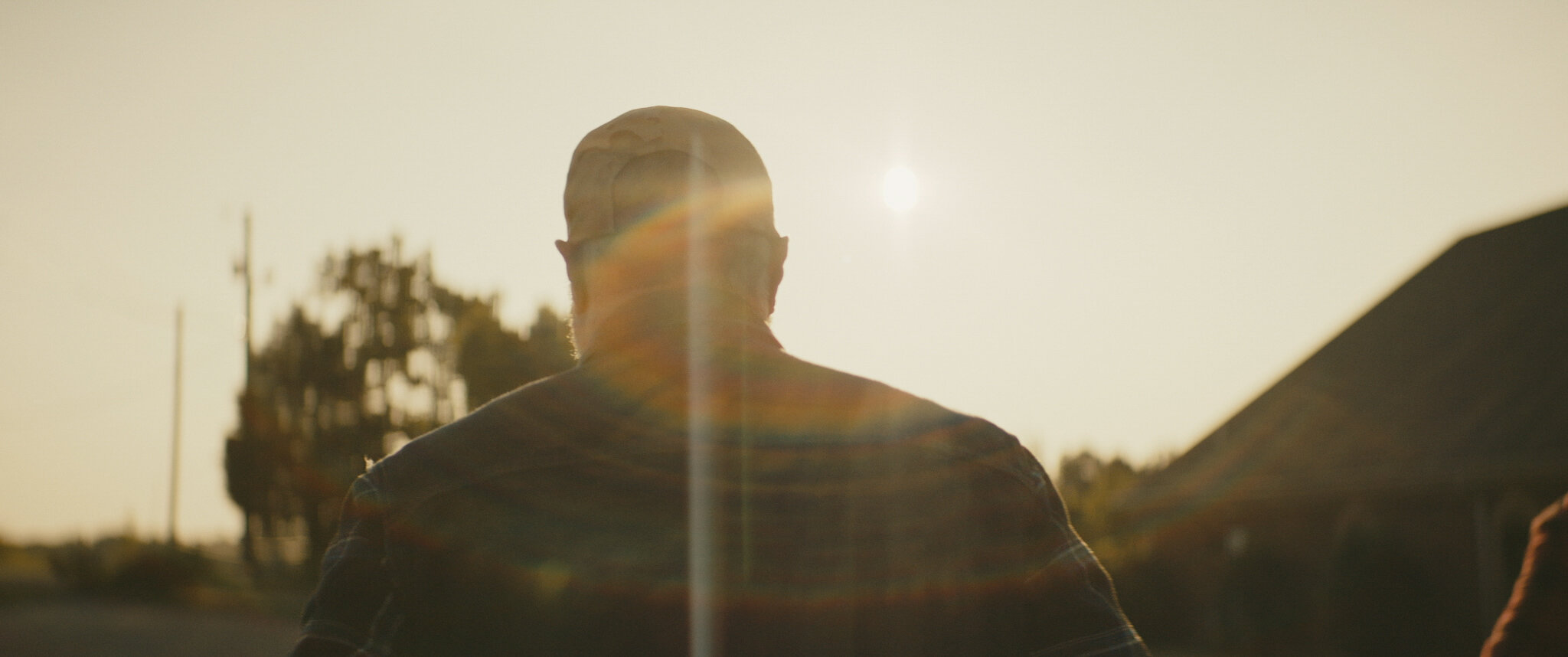
A person with PTSD/TBI often becomes reclusive and loses his or her drive to get outside and associate with other people. Normal, everyday things can be overwhelming, so they tend to seclude themselves.
Dogs can help them overcome hurdles by necessity. Military dogs are high-drive and have to work. They have to go out and exercise, so it becomes the reason a person has to get up and out. In many cases, a PTSD/TBI dog can give a person their life back.
“These dog owners regain their life they could have lost because they have to get up in the morning to take the dog out,” Travis said. “They have to care for it. A lof of guys who struggle with suicide might not have someone in their life who understands them like a dog can.”
Some dogs in the Second Chance program have had training and are ready to be placed after a three- to six-month bonding period. The dogs, which are often Dutch shepherds, Belgian Malinois or German shepherd breeds, are driven by work and can become destructive if they don’t have a job to do.
Each dog has to pass training with Travis, who does an assessment to reveal any weaknesses the dog may have. Training will build confidence in the weak areas and once they pass Travis’ program, he certifies them to be placed with a Special OPS Veteran.
Second Chance focuses on placing grown service dogs, not puppies, because the experienced dogs are the ones who face the risk of being put down because they are misunderstood. This organization understands what drives these highly focused dogs and enables them to put that energy to good use.

